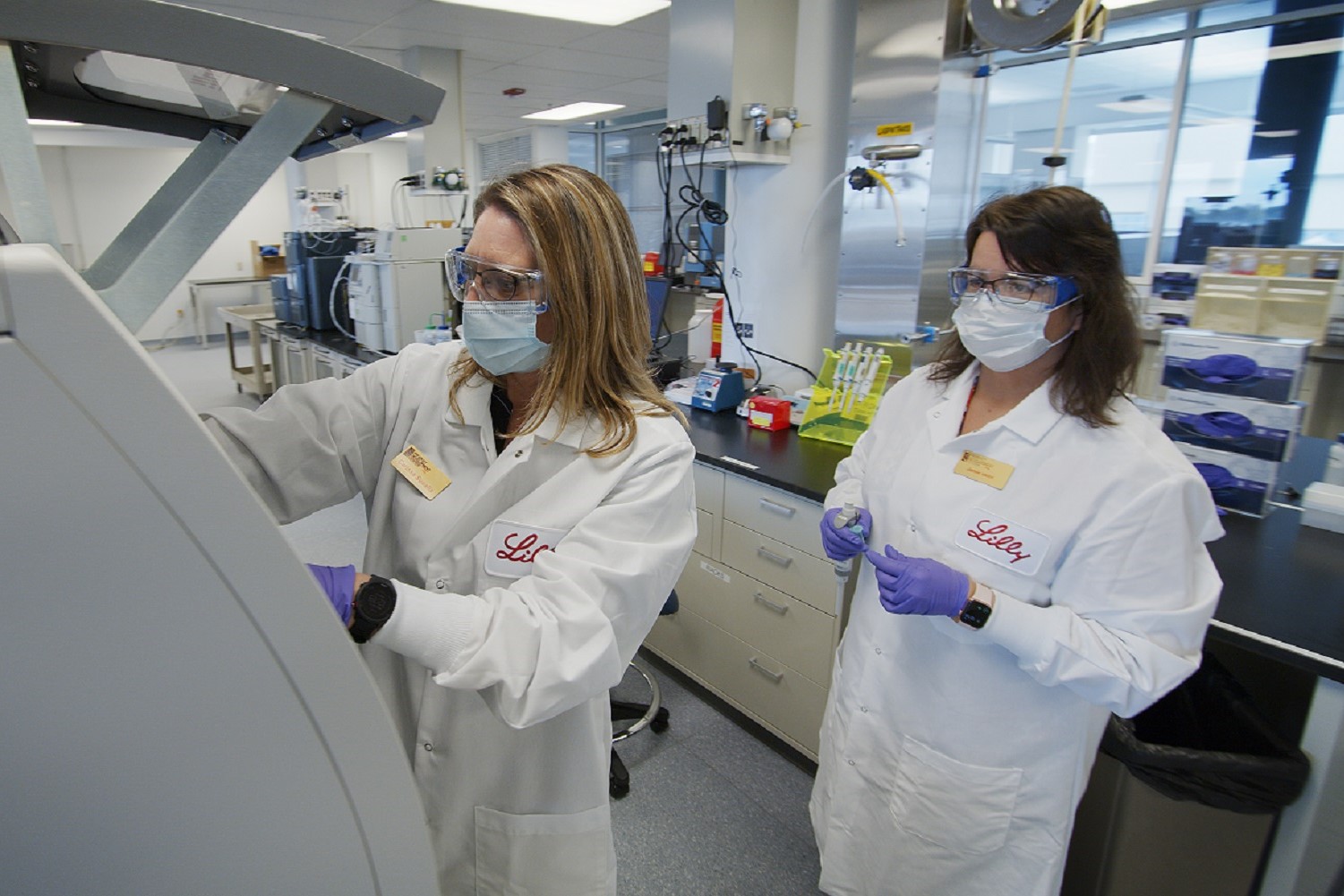For diabetics, automating data transmission and interoperability are both things that would improve the quality of physician-patient interactions and make it easier to pinpoint ways to improve how they manage their condition. That was some of the feedback from a panel discussing the importance of having different approaches to helping the diverse patient community avoid complications and keep the disease under control.
But as diabetes researcher and Associate Professor Dr. Urmimala Sarkar of University of California San Francisco School of Medicine sees it, the bigger issue is that underprivileged patients don’t have a voice when it comes to influencing the development of apps to participating in clinical trials. Addressing the panelists who included members from Lilly, mySugr, Livongo and diatribe News, she said:
“I want to challenge each if you to think of the all, including my patients.” She said her patients were less educated than the panel, less wealthy, and tended to be excluded from clinical trials. “My patients are not well-represented in patient advocacy, e-patient groups and the groups tapped to offer feedback for apps.” She said finding a way to enlist social media such as Facebook, which she said many of her patients currently use, could lower that barrier.

With the Rise of AI, What IP Disputes in Healthcare Are Likely to Emerge?
Munck Wilson Mandala Partner Greg Howison shared his perspective on some of the legal ramifications around AI, IP, connected devices and the data they generate, in response to emailed questions.
Justin Wright of Lilly had noted earlier in the conversation the value of social media for patient engagement.
“One of more promising things we have now is social media channel access.”
Scott Johnson of mySugr noted that it was tough to bring this these members of the diabetes patient community to the table. Kelly Close of diaTribe News, who served as the moderator, noted that there’s a stigma around diabetes. She pointed to the late Supreme Court Justice Anthony Scalia, who kept this and other health problems a guarded secret.
Wright commented that when it comes to things like adherence, which can make the difference between a manageable condition and complications like amputations, technology was not the crucial issue. “It’s motivation.”
Photo: BigStock Photos














